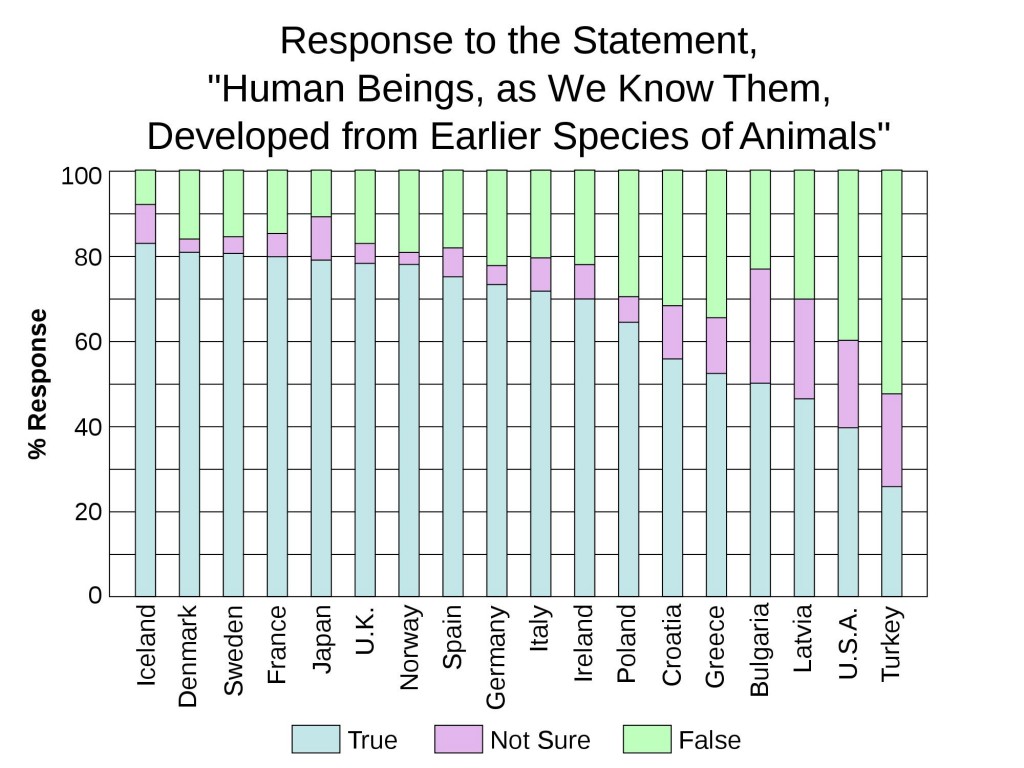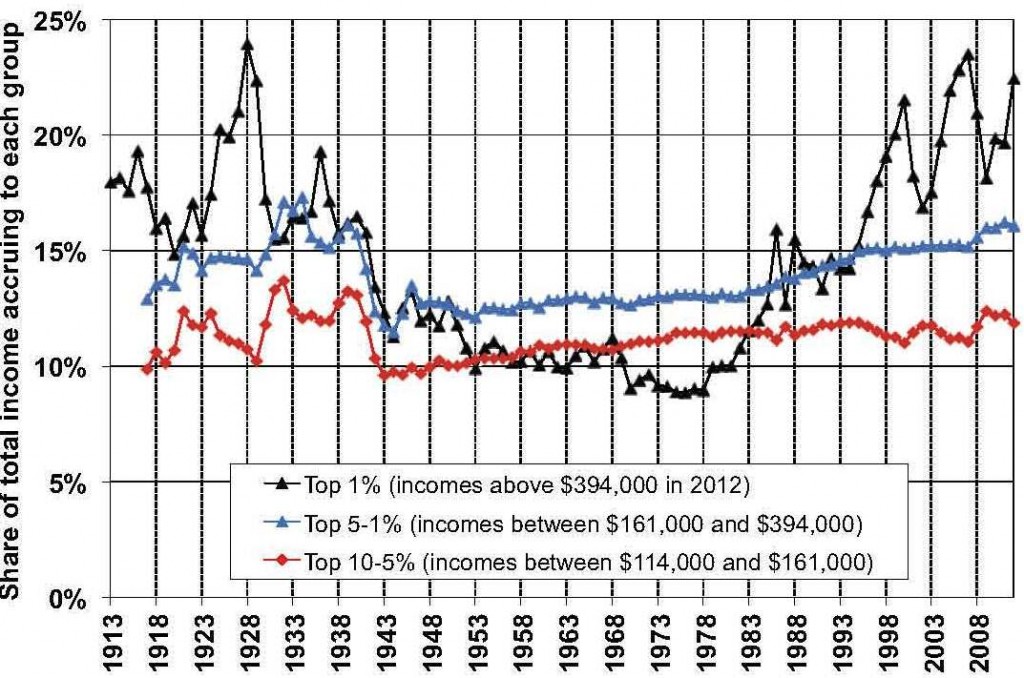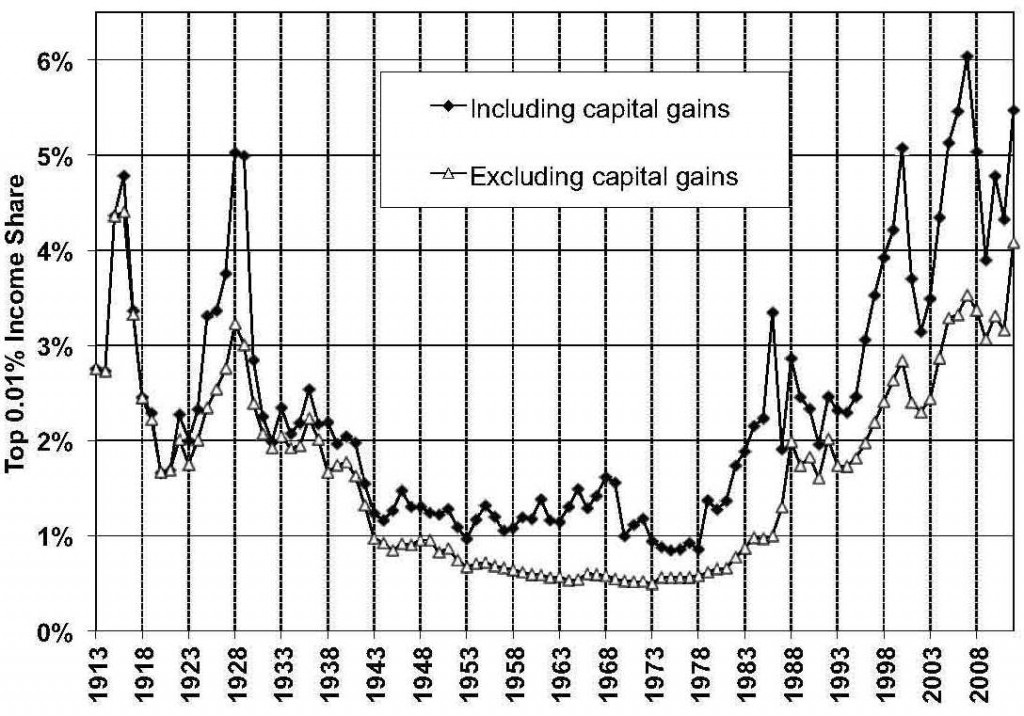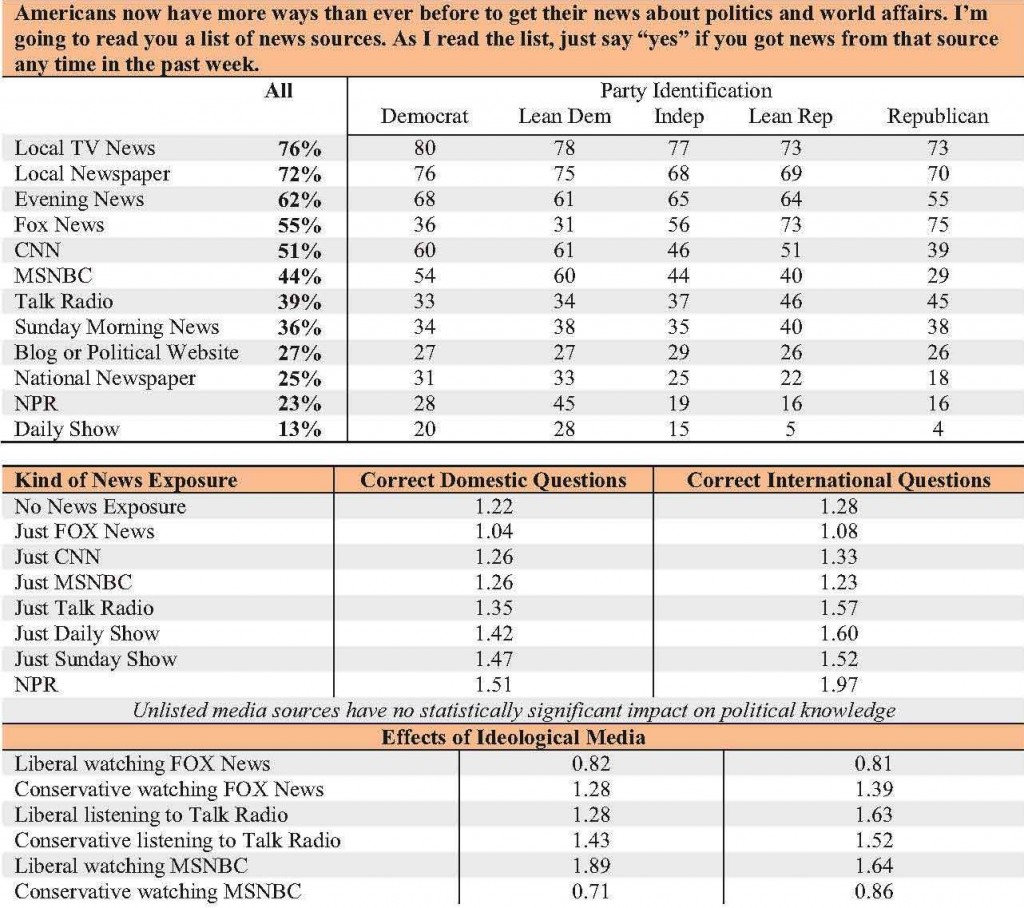Astounded by those who believe the antichrist now reigns in the White House, I knew I must learn more about American fundamentalists. I’ve been looking into creationism. How many of us believe humans were created in the recent past, and why does that belief matter?
The first people came to North America about 14,000 years ago. They came over the habitable zone that connected Siberia and Alaska in the exceptionally cold period 30,000 to 15,000 years ago. In 2008 a linguist showed that languages spoken in Siberia, Alaska, western Canada and by the Navajo and Apache are related. Now, from a just-published paper, we know those languages stem from an earlier one whose speakers lived for maybe 15,000 years in that now-disappeared habitable zone. As the world warmed some of them migrated east to North America. Others went west, back into Siberia. I could not know any of that if I believed in creationism. But would that matter?
The main categories of creationism, “young Earth” and Old Earth”, agree that mankind was created long after we know mankind came to North America, but young Earthers believe the universe was created at the same time as mankind while old Earthers agree with the scientifically accepted age of the Earth.
Asking when the universe began actually leads to no conclusion because the question presupposes there was a beginning. Everything we see seems to have had a beginning but when we look closely we see that really, everything is changing and is made up of other things that are also changing. We can’t actually identify beginnings. I’ll say more about that another time .
For now, I just want to add that belief in a beginning can be dangerous. Why? Because it implies an end which many fundamentalists imagine will be a cataclysmic sorting out of “people like me” into eternal bliss and “people like them” into eternal torture. That reinforces our delusion that we and they are different, and encourages our hatred of “them.”
There is enough geological, genetic and other evidence to tell us approximately how long ago categories of things such as the North American continent and humans manifested. Creationists discount that evidence. Unlike scientists who are never more than confident about their conclusions, creationists are certain about what happened. On what do they base their certainty?
Creationists calculate the origin of mankind from the Bible’s line of descent from Adam to Abraham cross-referenced with events such as the Temple of Solomon being built 480 years after the Exodus. The genealogies may be incomplete and there is no certainty about dates of the cross-referenced events, so creationists differ about the exact creation date. All place it between 6,000 and 10,000 years ago, each group being certain their date is correct.
Creationists are answering both when and how humans were created. How many Americans believe both answers? According to this Gallup Poll, four in ten Americans (40%) believe God created humans in their present form about 10,000 years ago. An almost equal number (38%) believe we developed over millions of years in a process guided by God. Another 16% believe we developed over millions of years without the involvement of a God.
In much the same way there is nothing definite to say about the ultimate origin of the universe, we also cannot know if the world was created by a God. And unlike the origin of the universe, which scientists can at least investigate as far back as the Big Bang 14 billion years ago, we can only have beliefs about the existence of a creator deity.
What we’re left with that we can be confident about, based on an enormous body of evidence, is that humans were on this planet more than 10,000 years ago. The creationist belief about that is simply incorrect.
What are the implications? Most Christians around the world do not take a literal view of the Genesis creation narrative but as we’ve seen, many in the US do. This matters because, unlike, for example, in Europe, political partisanship in the USA is highly correlated with fundamentalist thinking.
A high incidence of belief in creationism in the USA matters because unquestioning belief in religious ideas that are either unprovable or which require ignoring the facts is highly correlated with political partisanship. Fundamentalist religion accustoms people to believe things that their reason would reject and ignore facts that would make their beliefs untenable.
The US media portrays a world “out there” where Islamic fundamentalists either rule or are striving to gain control. What we do not see is that our own situation is not so very different.
This means we may, by democratic vote, choose to be governed by people who promise to lead us to a better future but who may in fact greatly harm us by acting on deluded beliefs.
What to do? I’m now exploring where our fundamentalists live, why they believe as they do and why they reject science. We must understand what their beliefs respond to, the root causes. We can’t just bludgeon them into “the correct view.”




